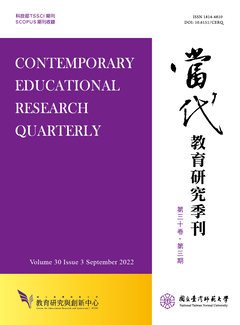

This paper aims to investigate how Dewey’s thoughts in education was introduced to and implemented in Taiwan through analyzing educational journals, and related articles and books from 1919 to early 1930. Based on the author’s analysis, five key concepts of Dewey’s educational thoughts were introduced to Taiwan, including education as growth, the relatedness between education and the needs in life, the importance of children’s experience, the interplay of school and society, and moral education in school. Concerning the pedagogical practice during late Japanese colonial period, the author found that individual differences, children’s living experiences, “learning by doing” and “self-study”, as well as the evaluation of effects of pedagogical activities were emphasized. In addition, Dr. Lin Mosei’s application of Dewey’s progressivism and the concept of democracy were also explored in this study. Lastly, this study found that the introduction of Dewey’s philosophy tended to promote the progressive education rather than the essence of democracy. Nevertheless, some Taiwanese teachers were able not only to develop in depth discourse on Dewey’s theory but also to implement it in school settings.

This work is licensed under a Creative Commons Attribution-NonCommercial 3.0 Taiwan License.
Center for Educational Research and Innovation, National Tawain Normal University
162, Ho-Ping East Rd, Sec. 1, Taipei, Taiwan | Tel:+886-2-7749-3670 | E-mail: cerecerq@gmail.com
CERI | NTNU | E-mail Alerts | Open Journal System
© 2014 CERI-NTNU
